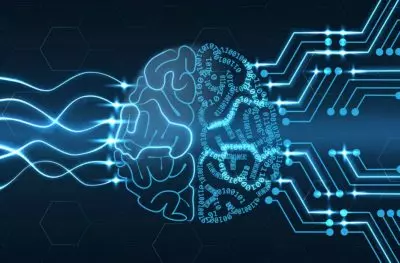 Gone are the days when artificial intelligence was only a figment of someone’s imagination or an entity in science fiction. Nowadays it is a very real entity and it has a wide variety of applications in our everyday life. Such is the case with artificial intelligence in the world of gambling which never ceases to amaze even its developers.
Gone are the days when artificial intelligence was only a figment of someone’s imagination or an entity in science fiction. Nowadays it is a very real entity and it has a wide variety of applications in our everyday life. Such is the case with artificial intelligence in the world of gambling which never ceases to amaze even its developers.
Recently some of the world’s best Dota 2 players were destroyed by an AI bot developed by OpenAI, one of the many projects of Elon Musk. But this technology finds its way in the poker field as well. Two of the most famous AI programs, DeepStack and Libratus, have left a lasting impression on professional poker players who have spent years in the field, as well as card game experts of all ages.
This spring saw the first win of an AI program over a human poker player, which totally changed the way people perceive artificial intelligence. The AI dominated the field in the poker game Texas Hold’em after only 20 days of play at a casino in Pittsburgh, Pennsylvania. The bot managed to top them by more than $1.7 million in chips and all four of its human opponents finished the game with a negative number of chips.
Never before had an AI bot managed to defeat a person in a more unpredictable game based on an imperfect information, where there is no regular pattern visible and certain elements, such as the cards on the table, remain hidden for the players. This gameplay was possible because the artificial intelligence bot learned while it was playing, coming up with all possible scenarios.
Some poker players which have played against Libratus go as far as to say that they felt like the AI bot is able to predict their next move and see the cards they are holding. It is able to mimic human intuition and even its developers were surprised by this behavior. When the four human players who played against it in Pittsburgh were asked to comment on the whole experience of playing against a supposedly all-knowing bot, they said that the AI was able to perform as a real human poker player.
Two researchers from Carnegie Mellon University developed the artificial intelligence bot Libratus who was able to outplay human poker players and astound everyone in the poker industry with its level of development. After extensive work on it, the AI was accustomed to randomizing its bets in a better way than any human poker player thanks to a well-thought algorithm designed by Noam Brown, a grad student at the Carnegie Mellon University. His partner in the futuristic project is his professor Tuomas Sandholm, which helped him develop his ideas and make them a reality.